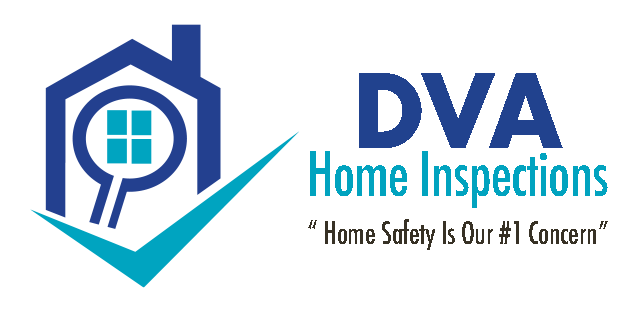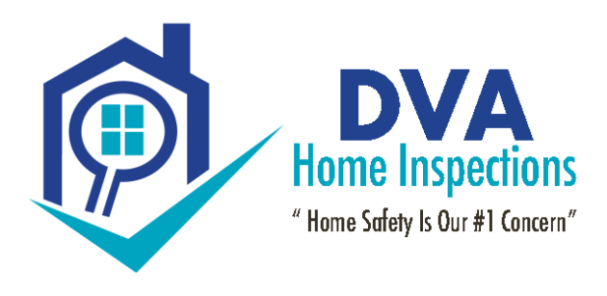Learn about the importance of home inspections, what they entail, and how to prepare for one effectively. Get expert tips and insights to ensure your home inspection process goes smoothly.
Buying or selling a home can be both exhilarating and overwhelming. Among the many steps involved in the process, one crucial aspect often overlooked is the home inspection. Whether you’re a first-time homebuyer or a seasoned real estate investor, understanding the ins and outs of home inspections is vital. In this comprehensive guide, we’ll delve into everything you need to know about home inspections, from their significance to tips for a successful inspection.
Why Are Home Inspections Important?
A home inspection is a thorough examination of a property’s condition, typically conducted before finalizing a real estate transaction. While not mandatory in all cases, home inspections offer several benefits for both buyers and sellers:
Identifying Issues: A professional inspector can uncover hidden problems such as structural issues, water damage, electrical problems, plumbing issues, and more, helping buyers make informed decisions.
Negotiation Tool: Inspection reports can serve as a basis for negotiating repairs or adjusting the sale price to account for necessary fixes.
Peace of Mind: For buyers, a comprehensive home inspection provides peace of mind knowing the property’s condition and potential maintenance needs.
Compliance: Inspections may be required for compliance with local regulations or mortgage lender requirements.
What Does a Home Inspection Include?
During a typical home inspection, a qualified inspector evaluates various aspects of the property, including:
Exterior: Roof, gutters, siding, foundation, landscaping, and drainage systems.
Interior: Walls, ceilings, floors, doors, windows, stairs, and attic spaces.
Structural Components: Foundation, framing, and other structural elements.
Plumbing: Pipes, fixtures, water heaters, and drainage systems.
Electrical Systems: Wiring, outlets, switches, circuit breakers, and lighting fixtures.
HVAC (Heating, Ventilation, and Air Conditioning): Furnace, air conditioning units, ductwork, and ventilation systems.
Appliances: Kitchen appliances, water heaters, and other built-in appliances.
Safety Features: Smoke detectors, carbon monoxide detectors, and handrails.
Preparing for a Home Inspection:
To ensure a smooth and successful home inspection process, consider the following tips:
Research Inspectors: Hire a reputable and experienced home inspector with proper certifications and licenses.
Schedule Wisely: Plan the inspection at a convenient time for both parties and allocate sufficient time for the process.
Clean and Declutter: Clear access to all areas of the home, including attic and basement spaces, for the inspector.
Provide Documentation: Gather any maintenance records, warranties, or renovation permits related to the property.
Accompany the Inspector: While not mandatory, attending the inspection allows you to ask questions and gain insights into the property firsthand.
Review the Report: Carefully review the inspection report, discussing any concerns or questions with your real estate agent.
Conclusion:
Home inspections are a critical step in the home buying or selling process, offering valuable insights into a property’s condition and potential maintenance needs. By understanding the importance of home inspections and adequately preparing for them, buyers and sellers can navigate the process with confidence and ensure a smooth transaction. Whether you’re purchasing your dream home or selling a property, investing in a professional home inspection is an essential investment in your peace of mind and financial well-being.
Call or text DVA Home Inspections today for any questions about a home inspection.
(718) 344-5655

